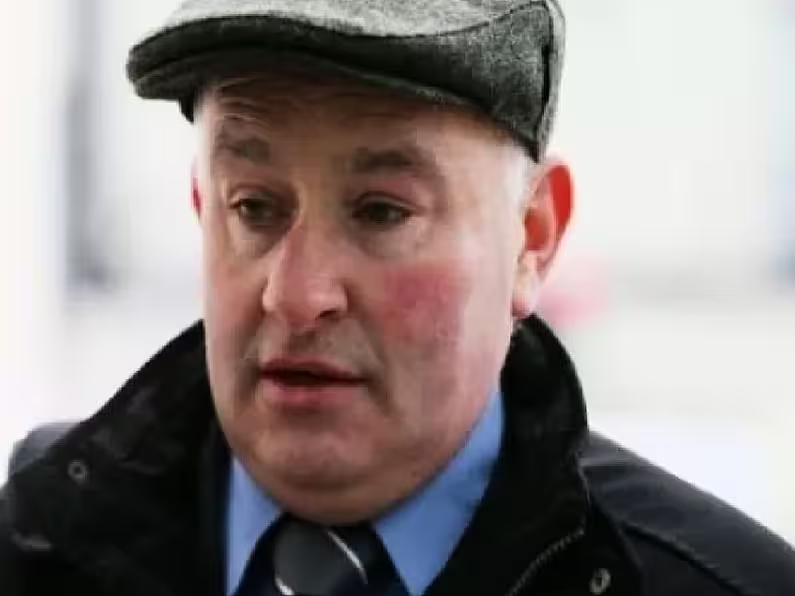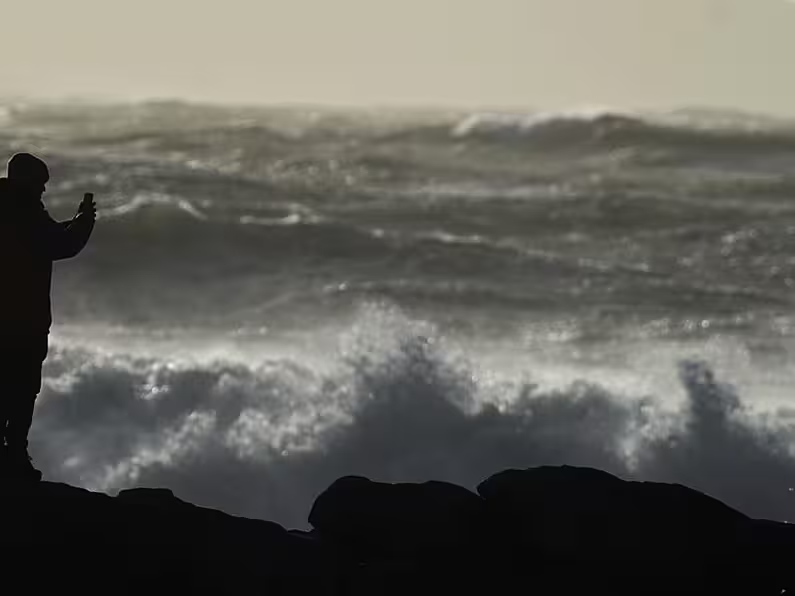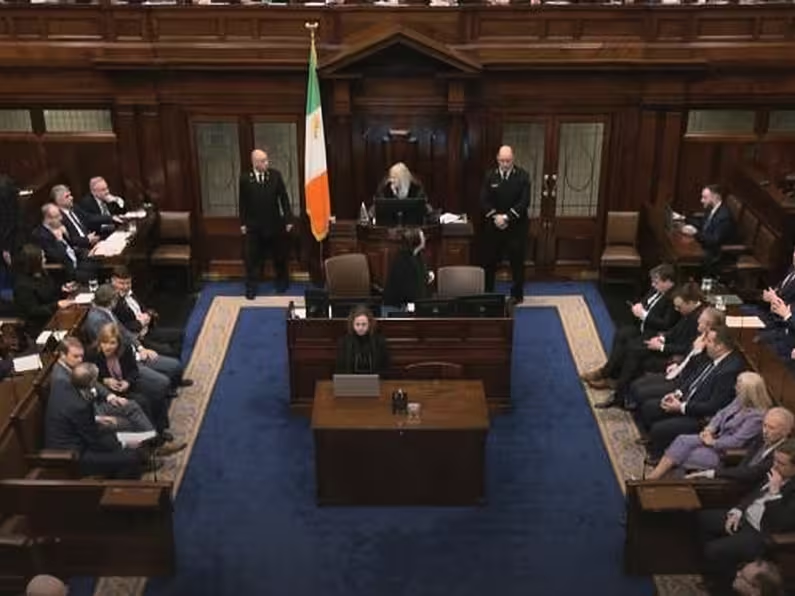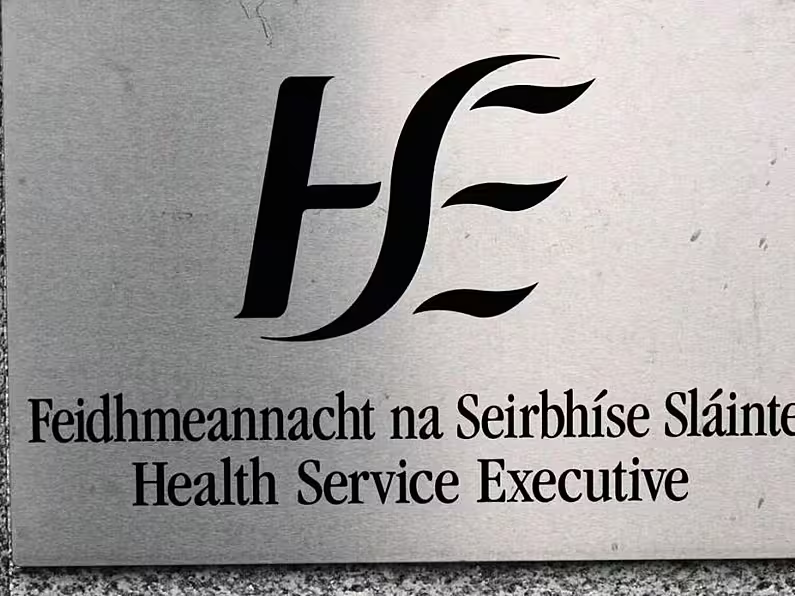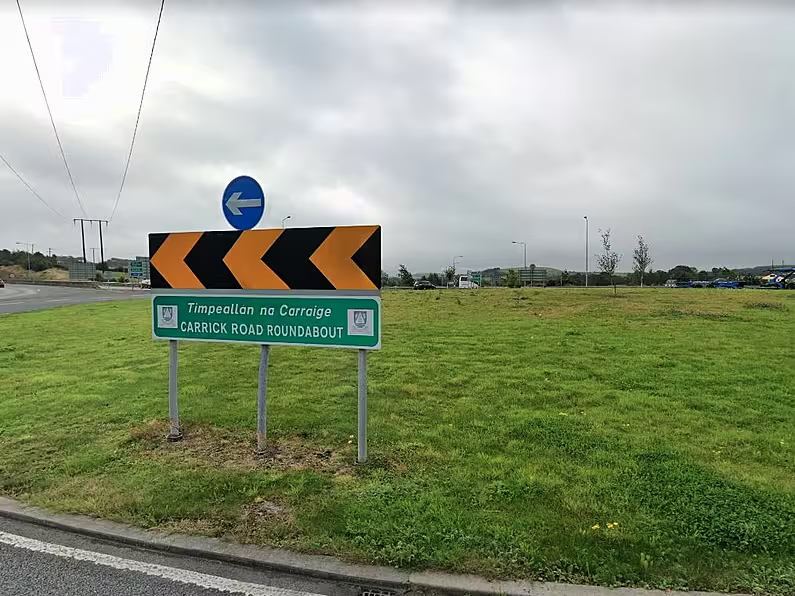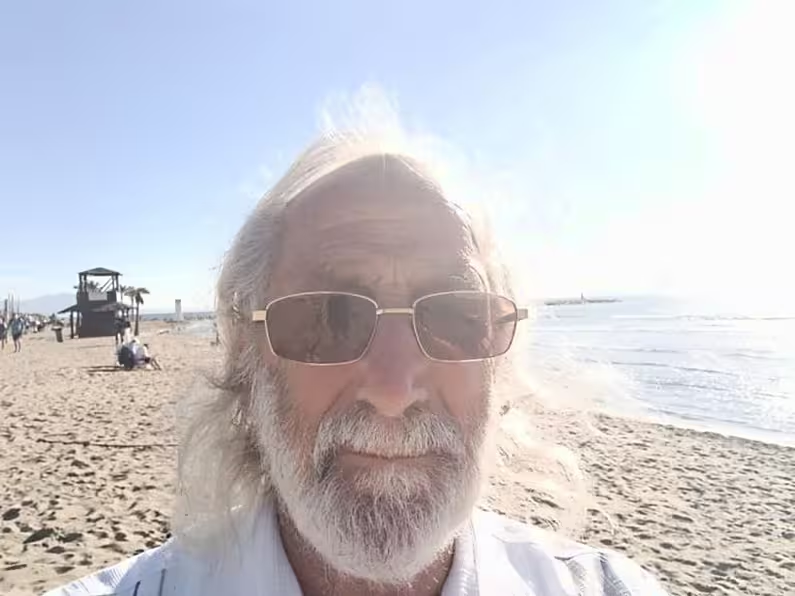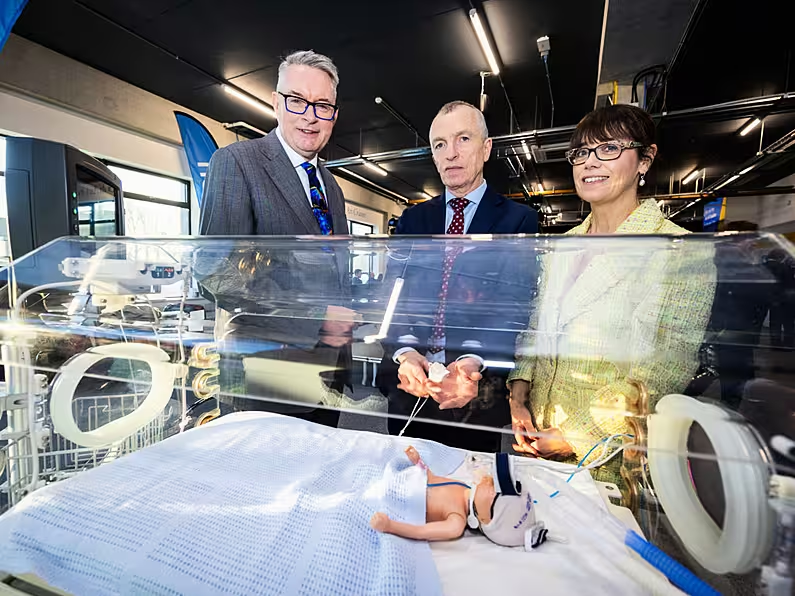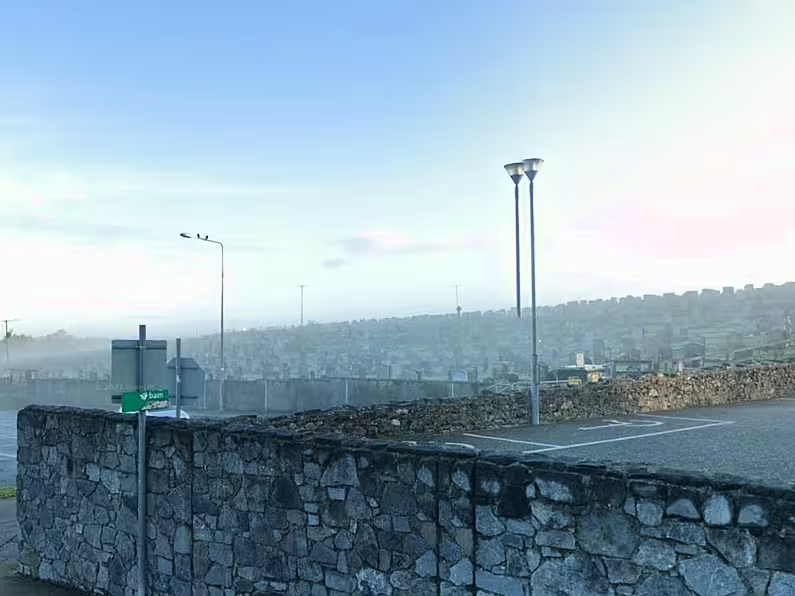Eoin Reynolds
Patrick Quirke has lost his appeal against his conviction for murdering popular DJ Bobby Ryan, whose decomposed body was found in a disused slurry tank on a farm leased by Quirke.
On Tuesday the Court of Appeal rejected more than 50 grounds of appeal argued by lawyers for Quirke during lengthy submissions made late last year. Mr Justice George Birmingham, delivering the judgement on behalf of the three-judge appeal court, said he was not persuaded by any of the arguments made on Quirke's behalf.
Mr Justice Birmingham also said that the Court of Appeal was uneasy about "an over-readiness to resort" to legal argument at trial.
Quirke's trial was, at the time, the longest in Ireland's history and Mr Justice Birmingham described the number of voir dires - 'trials with a trial' that are usually held to decide on the admissibility of evidence - in this case as "extraordinary".
Affair
Quirke (52), of Breanshamore, Co Tipperary is serving a life sentence having been convicted in 2019 of the murder of popular DJ and father-of-two Bobby "Mr Moonlight" Ryan (52) at Fawnagowan in Tipperary.
Mr Ryan disappeared on June 3, 2011 after he left his girlfriend Mary Lowry's home at Fawnagowan early in the morning.
His badly decomposed body was discovered in a disused, underground tank almost two years later on the 30th of April 2013 on farmland owned by Ms Lowry and leased by Quirke.
Ms Lowry had previously had an affair with Quirke and the prosecution said that Quirke murdered Bobby Ryan, so he could rekindle their affair and because he was financially dependent on Ms Lowry.
Quirke was not in court for today's judgement but watched via video link from prison. Wearing a grey suit and striped tie and a disposable face mask, he remained impassive when Mr Justice Birmingham confirmed that the jury's verdict would not be overturned.
Motive
In one lengthy part of the judgement, Mr Justice Birmingham considered whether the trial judge should have dismissed the jury after the prosecution had completed its case.
Lawyers for Quirke argued that there was no evidence that Mr Ryan was murdered because the prosecution could not prove how he died.
Bernard Condon SC, on behalf of Quirke, told the appeal court there was "no evidence, good bad or indifferent" and that the prosecution had produced only speculation and raised suspicion and nothing more about Quirke.
Counsel added that the motive pointed to by the prosecution, that Quirke wanted to rekindle his affair with Ms Lowry, did not prove that Quirke killed Mr Ryan.
Forensically barren
Mr Justice Birmingham said the application gave the trial judge and the appeal court much to think about.
He said there was justification for Mr Condon branding the case as "forensically barren" and he agreed that the prosecution could not say how Mr Ryan met his death and "were not in a position to put a weapon in the hands of a suspect."
The court then considered that Mr Ryan's body was found in a tank which was known about by only four people, including Quirke, who farmed and had access to the land.
There was evidence of an emotional or romantic relationship between Quirke and Ms Lowry, his financial dependence on her, and his difficulty in accepting that the relationship had ended.
Quirke then engaged in a number of "strange or bizarre" actions the court said, such as taking Ms Lowry's phone and sending text messages to and phoning Mr Ryan, almost resulting in the breakup of her relationship with the deceased.
Quirke also took Ms Lowry's passport to disrupt her travel plans, contacted the HSE to falsely allege that she was guilty of child neglect and appeared uninvited on her porch in January 2011.
Mr Justice Birmingham pointed to further circumstantial evidence such as the discrepancy between what Quirke said his movements were on the day Mr Ryan disappeared and what artificial insemination technician Breda O'Dwyer said she saw on Quirke's farm that morning.
There was further evidence of animus between Quirke and Mr Ryan, such as an untrue claim by Quirke that there was a bad smell from Mr Ryan.
The prosecution had further evidence of the "continuing fixation" Quirke had on Ms Lowry when they discovered audio files on Quirke's computer of a conversation Ms Lowry had with her new boyfriend, Flor Cantillon, at Ms Lowry's home after Mr Ryan had disappeared.
Neither Ms Lowry nor Mr Cantillon knew they were being recorded.
Spreading slurry
The court also pointed to "curious features" on the day when Quirke staged the discovery of Mr Ryan's body such as his claim that he was planning to spread slurry on the farm that day even though his lease was about to expire.
The court said Quirke decided to draw water from a disused tank which he had never had cause to use before, a tank that held only a small volume of water.
Gardaí also told the trial that Quirke was not appropriately dressed for spreading slurry when they arrived.
The court also pointed to a false account Quirke gave in which he tried to suggest that Mary Lowry knew of the existence of the tank because she had seen him release from the tank a heifer that got its hoof caught.
On the day that Quirke was snooping uninvited around Ms Lowry's home, December 3rd, 2012, there was also a search on Quirke's computer for "decomposition of bodies".
Quirke told gardaí that the search was related to the death of his son but Mr Justice Birmingham pointed out that "some of the most significant searches" relating to decomposition of bodies predated that tragedy.
Mr Justice Birmingham concluded that, "even this limited survey of the evidence makes clear that this was a circumstantial evidence case where there were many strands."
He said the multiple strands "formed a very sturdy rope" such that the jury could properly return a guilty verdict.
Unfair
The appeal court also dismissed the defence's argument that the trial judge should have declared the trial unfair.
Mr Justice Birmingham noted that such applications are becoming more common and added: "We take this opportunity to deprecate such a developing practice."
In this case, he said, he does not believe the arguments advanced "could possibly provide the basis for halting the trial," and added: "We have no hesitation in rejecting this ground out of hand."
The court found that a warrant to search and seize items from Quirke's home was "suboptimal" because it did not refer to computers, which were ultimately seized by gardaí.
However, he found that the absence of reference to computers was not a "fundamental error" although "greater specificity is to be preferred" when gardai are asking a District Court judge for a warrant.
The defence had also argued that much of Mary Lowry's evidence was prejudicial and irrelevant.
Mr Justice Birmingham said the position taken by the defence was "unrealistic" given the "central significance" of Ms Lowry's evidence to provide the context for Mr Ryan's violent death.
He added: "It is not for the accused to determine how the prosecution will present its case, and the accused is not entitled to insist that the prosecution should present its case in a sanitised version of events."
Record trial
When it finished, Quirke's trial was the longest murder trial in Ireland's history, at 71 days.
About half of the court's time was taken up with legal argument in the jury's absence.
Mr Justice Birmingham said the court was uneasy about "an over-readiness to resort" to legal argument.
He described the number of voir dires, trials within the trial, in this case as "extraordinary" and added: "If trials are to be kept within reasonable length, counsel need to consider carefully whether it is necessary to ask for a voir dire on an issue and trial judges need to consider whether a request for a voir dire should be acceded to."
He said where an issue is a matter for the jury, lawyers should not try to get a "dry run" in the jury's absence.
Mr Justice Birmingham said the court had considered each ground of appeal carefully.
He added: "We have asked ourselves whether anything we have heard during the course of the appeal hearing, or anything we have read, has caused us to have any doubts as to the safety of the verdict or the fairness of the trial, and we have concluded that is not the case."



